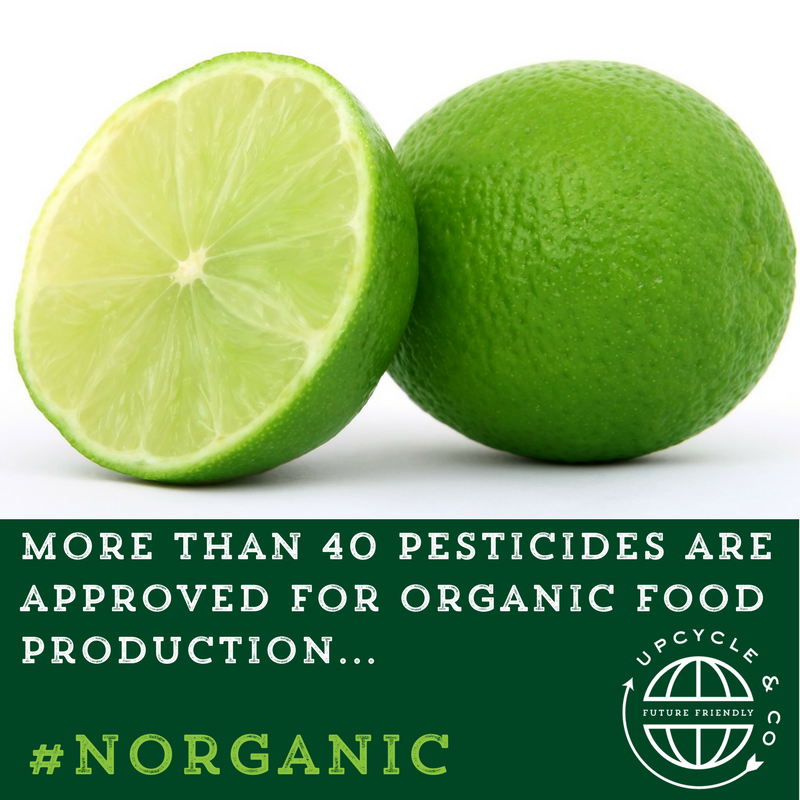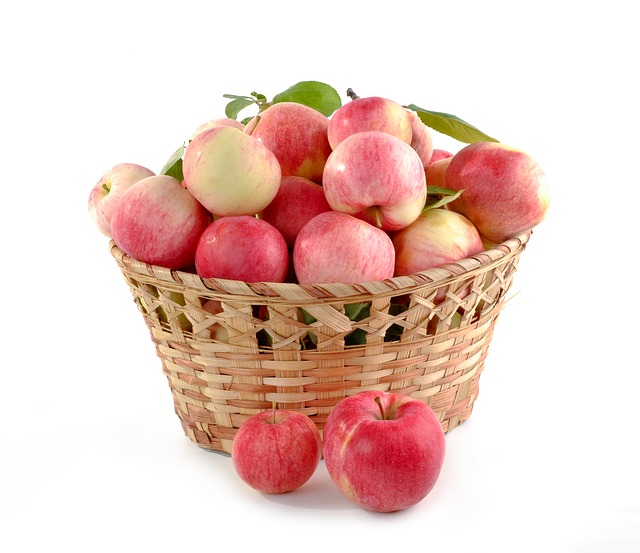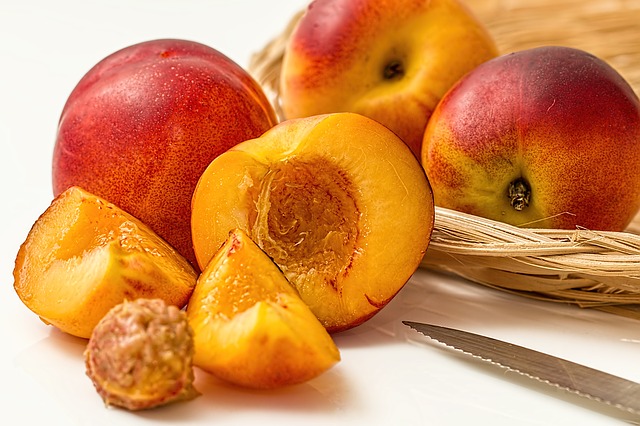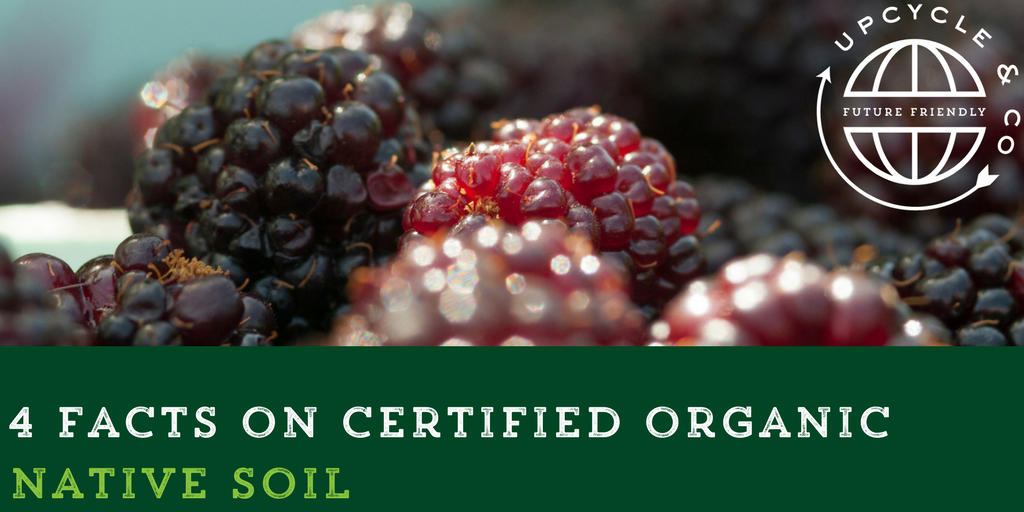
Tag: certified organic
4 Facts You May Not Know about Certified Organic
It seems like everyone has fallen in love with all things “organic.” But why? The organic industry has convinced the average consumer that if a product is stamped with that “USDA Certified Organic” label, it implies that the product is healthy. That the product is somehow free of factory farming practices, chemicals, pesticides, and carcinogens. Is that really the case though?
It’s not that certified organic farming is bad. But its just not as pure as they’d like consumers to believe. We aren’t saying certified organic is a conspiracy theory, but marketers are marketers and in a 50 billion dollar premium based industry, facts are going to be presented in the best light possible.
Here are 4 little secrets the “Certified Organic” industry doesn’t want to get out.
1. Certified Organic Food Production can Include a Ton of Pesticides
Guess what? Even plants that are “certified organic” need pesticides. The impression that organic crops don’t require pesticides is entirely false. Organic production allows for the inclusion of more than 40 different pesticides. The purpose of pesticides is to kill. Doesn’t matter if it is applied in organic or non-organic farming. Obviously, they’re not designed to kill people, there’s really no guarantee they are any safer than their non-organic brethren.
You can find a list of what’s allowed here.
2. Food Labeled as Organic May Not Even Be Organic
Yep. You read that right. In short, most sizable organic producers also produce non-organic crops. Often of the same foodstuff. This can lead to sloppy record keeping and the unintentional blending or mixing of those organic and non-organic crops. You’d be hard-pressed to tell the difference between an organic orange and a non-organic by sight alone. Good thing they have that sticker saying they’re “certified organic.” Right…
 What’s more, the official definition of “certified organic” by the USDA seems to acknowledge some of this unintentional blending. After all, only 95% of contents must be organically produced to carry the certified organic label. 95% is pretty good, but even if the realistic blend is only 70% organic, it can be labeled “made with organic ingredients.” And again, you can’t tell just by looking at a piece of fruit or a bag of nuts and definitively tell which are organic and which are conventionally produced.
What’s more, the official definition of “certified organic” by the USDA seems to acknowledge some of this unintentional blending. After all, only 95% of contents must be organically produced to carry the certified organic label. 95% is pretty good, but even if the realistic blend is only 70% organic, it can be labeled “made with organic ingredients.” And again, you can’t tell just by looking at a piece of fruit or a bag of nuts and definitively tell which are organic and which are conventionally produced.
3. Organic Food Can Contain Non-Organic Ingredients
So, number two doesn’t really matter. Organic food production allows for the inclusion of 43 synthetic substances. In addition, there are 34 non-synthetic, but also non-organic, substances allowed in the production of something labeled “certified organic.”
The organic industry likes to imply that their food is pure, justifying the higher cost, but, that isn’t strictly true. It’s not as though all of these substances are nefarious, but when you’re paying a premium for organic cheese, you probably would like it to be free of wood pulp filler. Check the ingredient list. Take a look and see if there’s cellulose in that cheese. That’s wood pulp.
4. Certified Organic Food is Healthier
If a consumer is paying a 20% premium for certified organic food, ought it not be healthier? One of the central tenants of Native Soil is that it helps restore the soil nutrients. Those nutrients are then transferred to the plant and then to the food. If certified organic practices produced healthier food, we’d be on board. Problem is there is no evidence to show that certified organic is really any better.
When the UK produced a study between organic and non-organic food, the nutrient density was nearly indistinguishable.
“Any consumers who buy organic food because they believe that it contains more healthful nutrients than conventional food are wasting their money.” – Joseph P. Rosen (Professor Emeritus of Food Toxicology at Rutgers University)
So if it isn’t any healthier, why do consumers continue to throw money into the certified organic system with such enthusiasm? Marketing.
Conclusion
At the end of the day, just because something isn’t “certified organic” doesn’t mean that it isn’t an outstanding product. Certified organic is basically a marketing scam. Why buy certified organic fertilizer when all you’re paying for is someone’s enormous marketing budget. Kudos to that industry for getting their message out in such a successful way, but its just a marketing message.
Give Native Soil a whirl. Come find your soil mate.
